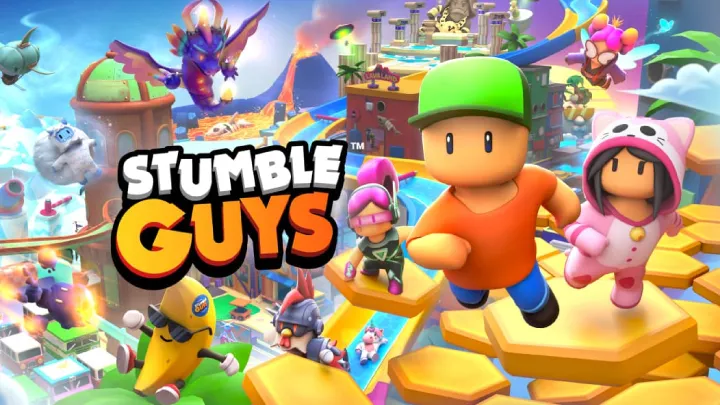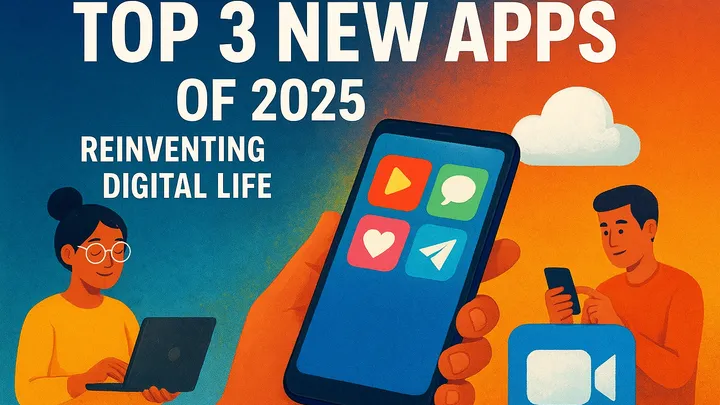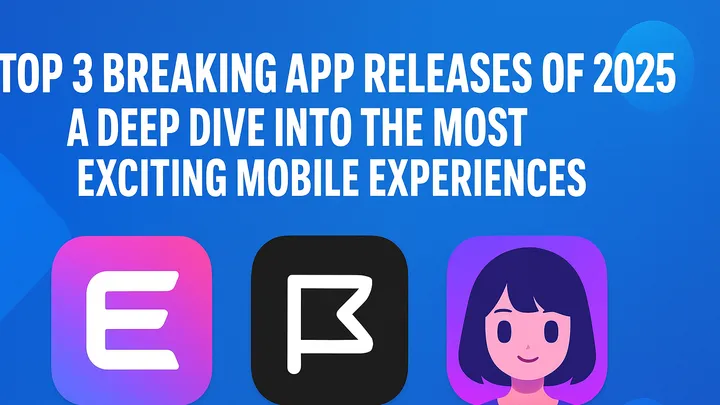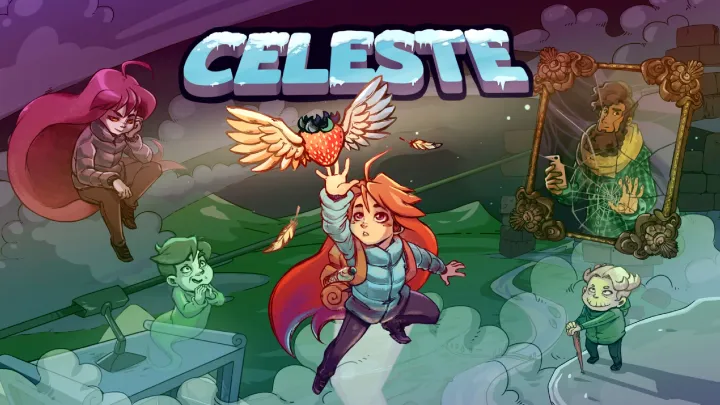Artificial Intelligence (AI) has quickly shifted from futuristic concept to everyday utility. What was once confined to research labs and science fiction is now integrated into the very fabric of our routines. From how we communicate, learn, work, shop, manage health, and even relax, AI-powered apps are reshaping modern life at an unprecedented scale.
In this deep-dive, we’ll explore ten AI-powered apps that are revolutionizing daily living across communication, productivity, learning, health, and entertainment. We’ll unpack their key features, examine their real-world impact, and trace how they’ve integrated seamlessly into different parts of human activity.
1. Early Morning AI Assistance: Google Assistant
The day for millions of people begins with Google Assistant, one of the most powerful AI-driven virtual assistants. It acts as a central hub that organizes daily schedules, answers questions, and integrates seamlessly across smart devices.
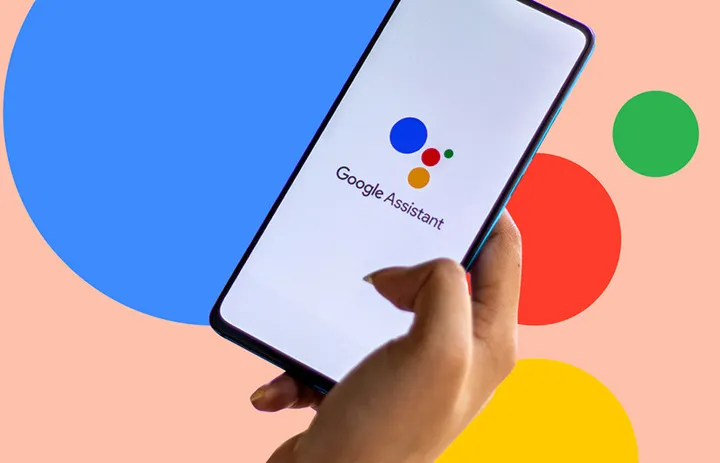
Key Features of Google Assistant
- Natural Language Processing (NLP): Enables fluid conversation with contextual understanding.
- Smart Home Integration: Controls IoT devices, lighting, thermostats, and more.
- Proactive Scheduling: Syncs with calendars, traffic updates, reminders, and alarms.
- Multilingual Capabilities: Supports dozens of languages, making it globally accessible.
- Hands-Free Operation: Voice-activated commands streamline daily efficiency.
Impact
Google Assistant reshapes the morning routine—offering personalized briefings on weather, news, and appointments. It essentially becomes a digital concierge, setting the tone for productivity from the very first hour.
2. Staying Connected: Grammarly
In the age of remote communication, clear expression is vital. Grammarly uses AI to help individuals communicate more effectively across emails, documents, and chats.
Key Features of Grammarly
- Real-Time Grammar Correction: Identifies syntax, punctuation, and spelling issues.
- Tone Detection: Evaluates how writing may sound to readers—formal, casual, persuasive.
- Style Enhancements: Suggests clarity improvements and advanced vocabulary.
- Cross-Platform Integration: Works in browsers, word processors, and messaging platforms.
- AI-Powered Suggestions: Learns from user input to provide increasingly contextual edits.
Impact
Grammarly empowers professionals, students, and casual users alike to write with confidence. It transforms simple editing into a personal AI writing coach that improves communication across all mediums.
3. Learning and Skill Development: Duolingo
Education has been transformed by AI-powered platforms like Duolingo, which makes language learning accessible, personalized, and interactive.
Key Features of Duolingo
- Adaptive Learning Algorithms: Adjusts lesson difficulty to match user progress.
- Gamified Approach: Uses streaks, XP points, and rewards to encourage consistency.
- Speech Recognition AI: Helps refine pronunciation in real-time.
- Microlearning Sessions: Enables short, effective lessons for busy users.
- Personalized Learning Paths: Customizes goals and schedules based on user needs.
Impact
Duolingo is not just a language-learning app; it’s a gateway to global communication. Its AI-driven feedback loops ensure that each learner receives an optimized experience tailored to their pace and challenges.
4. Work Productivity: Notion AI
The modern workplace is defined by digital collaboration, and Notion AI amplifies productivity with smart organizational tools.
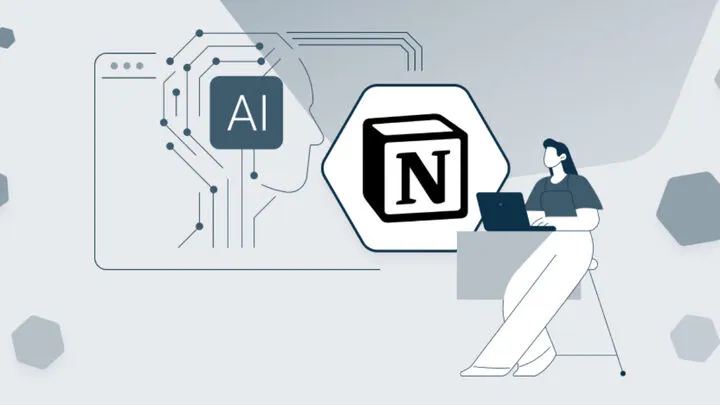
Key Features of Notion AI
- Automated Note Summaries: Condenses long notes into actionable insights.
- Content Generation: Helps draft outlines, to-do lists, and reports.
- Smart Search: Retrieves relevant data across complex workspace databases.
- Workflow Automation: Streamlines repetitive tasks with AI-powered shortcuts.
- Cross-Device Collaboration: Ensures team members stay synced in real-time.
Impact
Notion AI acts like a personal knowledge management assistant, boosting focus and efficiency. For businesses and students alike, it creates structure in a world of overwhelming digital information.
5. Mental Wellness: Woebot
AI is also making mental health care more accessible through conversational agents like Woebot, a chatbot therapist that supports users with cognitive behavioral techniques.
Key Features of Woebot
- Conversational AI: Provides empathetic, engaging dialogue.
- Mental Health Check-ins: Tracks emotional states and daily reflections.
- Evidence-Based Practices: Implements CBT (Cognitive Behavioral Therapy) methods.
- 24/7 Availability: Provides always-on mental health support.
- Progress Tracking: Offers data-driven insights on user well-being over time.
Impact
Woebot democratizes mental health by providing support to those who may not have access to therapy. It functions as a digital emotional companion, helping users navigate stress, anxiety, and self-reflection.
6. Fitness and Lifestyle: MyFitnessPal
AI has entered the fitness space, with MyFitnessPal leveraging smart algorithms to guide users toward healthier choices.
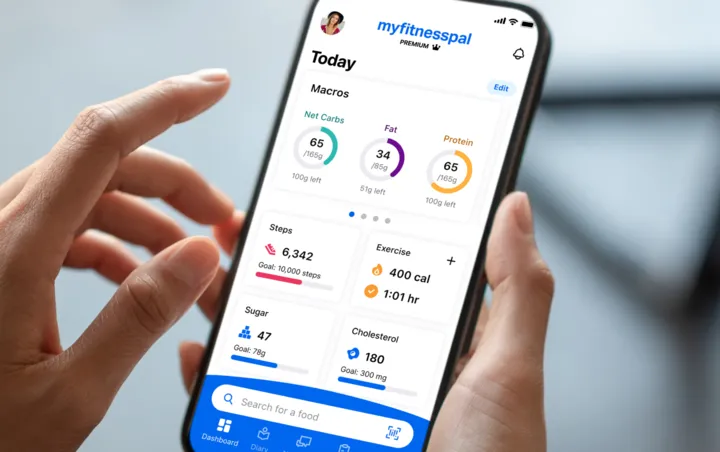
Key Features of MyFitnessPal
- Food Recognition AI: Scans meals for calorie and nutrient information.
- Personalized Nutrition Plans: Tailored to user goals (weight loss, muscle gain, maintenance).
- Activity Tracking: Syncs with wearables to monitor exercise performance.
- Predictive Recommendations: Suggests food swaps and healthier alternatives.
- Progress Analytics: Provides insights into daily habits and long-term trends.
Impact
MyFitnessPal integrates AI to make nutrition management effortless. It functions as a personal dietitian and coach, turning health tracking into an empowering daily practice.
7. Smart Shopping: Amazon Alexa
When it comes to retail and shopping convenience, Amazon Alexa takes center stage with its AI-driven ecosystem.
Key Features of Amazon Alexa
- Voice-Powered Shopping: Adds items to cart, places orders, and tracks deliveries.
- Smart Recommendations: Learns user preferences for personalized suggestions.
- Integration with Amazon Prime: Enhances streaming, shopping, and household management.
- Home Automation Control: Similar to Google Assistant, integrates with IoT devices.
- Custom Routines: Users can automate daily tasks via AI-triggered actions.
Impact
Alexa transforms shopping into a frictionless experience, seamlessly blending voice AI with e-commerce. It makes both household management and online purchasing streamlined and intuitive.
8. Entertainment: Spotify
AI-driven music platforms like Spotify personalize entertainment in ways unimaginable a decade ago.
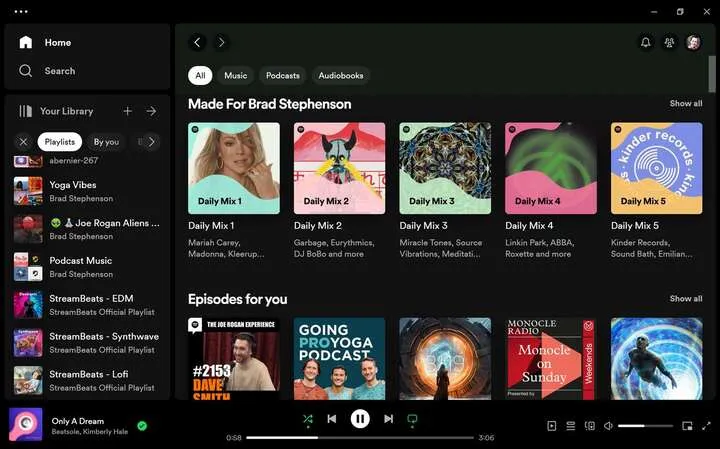
Key Features of Spotify
- Recommendation Engine: Suggests playlists and songs based on listening habits.
- Discover Weekly AI Playlist: Generates new music choices each week.
- Mood Detection Playlists: Aligns music selection with emotional state.
- Cross-Device Listening: Syncs music across smartphones, PCs, and smart speakers.
- Podcast AI Discovery: Helps users find new audio content relevant to their interests.
Impact
Spotify’s AI redefines how people discover and engage with music. By predicting user preferences, it builds a deeply personal entertainment journey.
9. Navigation and Travel: Google Maps
Daily movement relies heavily on AI-driven tools like Google Maps, which goes beyond static navigation to real-time optimization.
Key Features of Google Maps
- Real-Time Traffic Prediction: Adjusts routes dynamically.
- AI-Powered Recommendations: Suggests restaurants, attractions, and businesses nearby.
- Street View Intelligence: Uses image recognition to update locations.
- Public Transport Integration: Displays schedules and optimal transfers.
- Crowdsourced Data: Combines user inputs with AI predictions for accuracy.
Impact
Google Maps has become a global navigation partner, helping billions reach destinations efficiently while also discovering new experiences along the way.
10. Creative Assistance: ChatGPT
Finally, one of the most groundbreaking AI applications is ChatGPT, an advanced conversational AI that assists with everything from brainstorming to professional writing.
Key Features of ChatGPT
- Conversational Depth: Engages in meaningful, context-rich dialogue.
- Creative Writing Support: Drafts stories, scripts, and professional documents.
- Educational Utility: Helps learners understand complex topics.
- Code Assistance: Provides debugging help and code generation.
- Customization: Can adapt tone and depth for different use cases.
Impact
ChatGPT represents the new frontier of AI-human collaboration, blurring the line between productivity tool and creative partner. It reflects how AI is not just assisting but co-creating with people.
Conclusion
From starting the day with Google Assistant to ending it with ChatGPT, AI-powered apps are intricately woven into the modern lifestyle. They organize, teach, support, entertain, and even heal, making daily life more efficient and personalized.
The top 10 AI-powered apps showcased here highlight one unifying theme: AI is no longer in the background—it’s the backbone of everyday living. These tools are not replacing human experiences but enhancing them, creating a future where technology becomes more human-centric.








